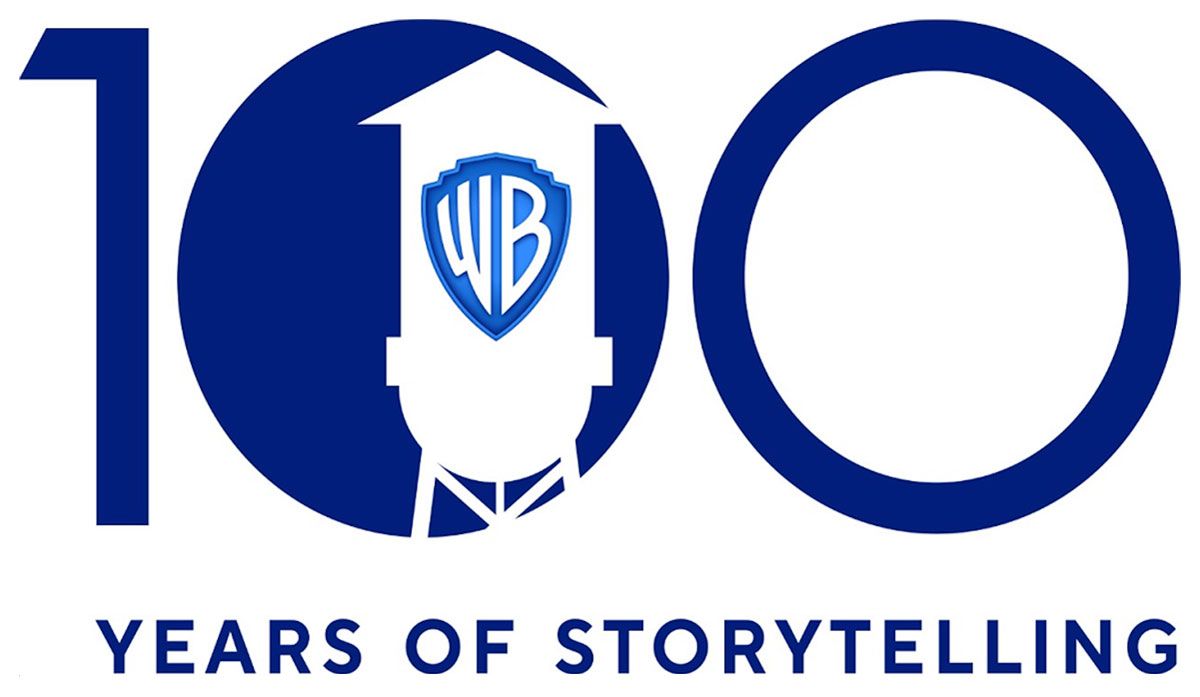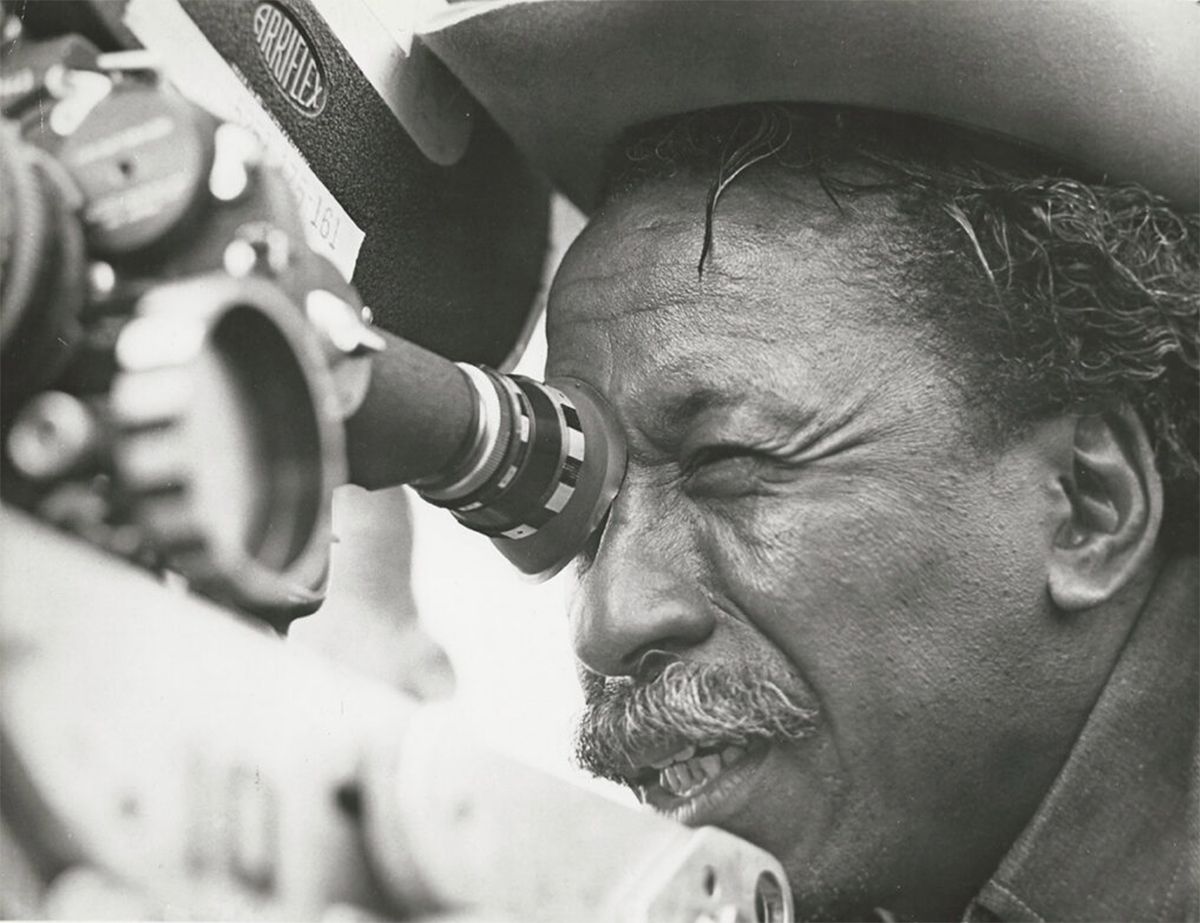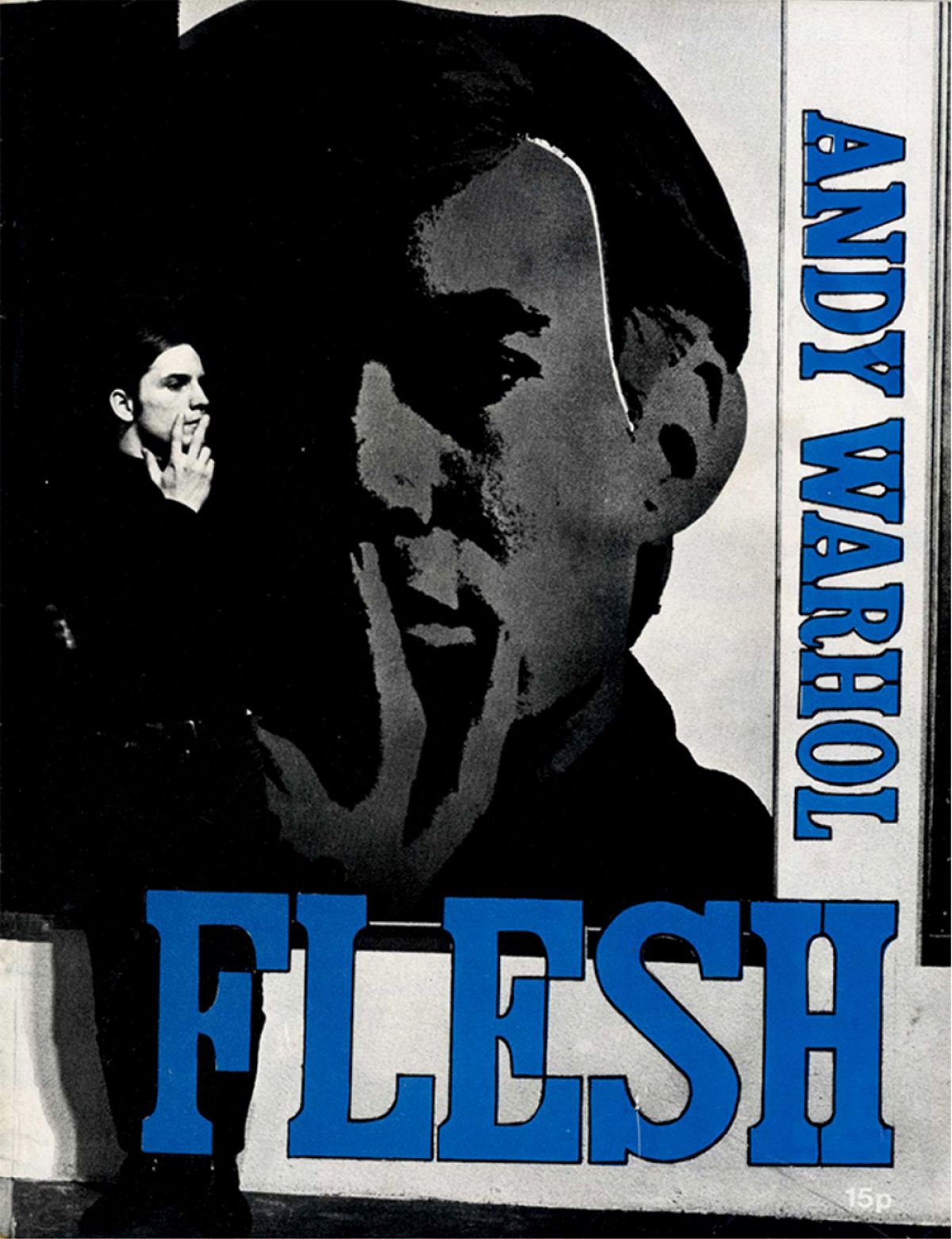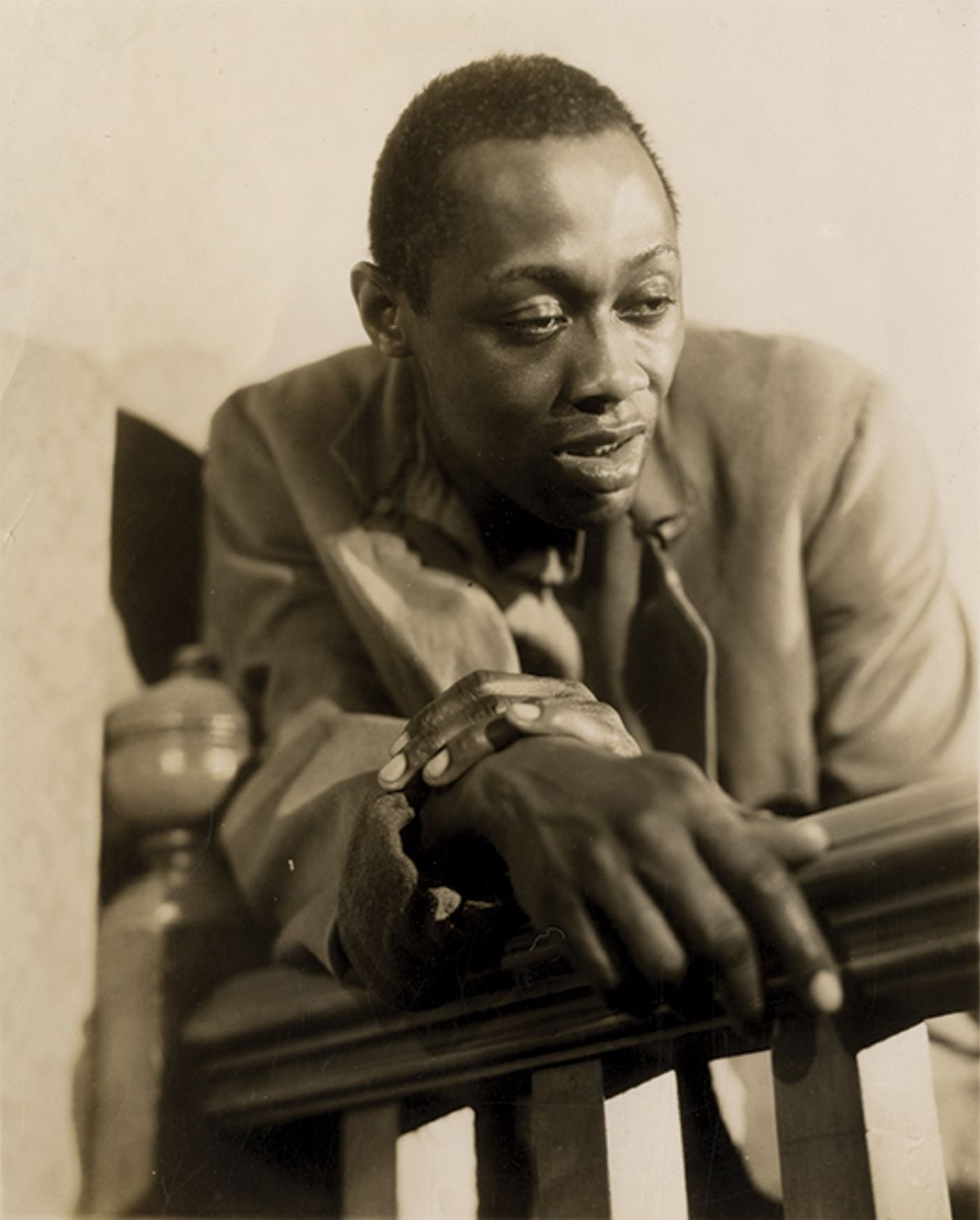Hollywood Movie Memorabilia

WARNER BROTHERS @100
Alexa Foreman Interview
For many years, Alexa Foreman worked with Walterfilm’s Woolsey Ackerman researching and producing a multitude of documentaries and on-air programing for Turner Classic Movies. She was Robert Osborne’s left and right hand in creating his on-air hosting segments and was th…
WalterFilm buys Movie Scripts, Television Scripts & Movie Memorabilia
My company, Walter Reuben, Inc., actively buys movie and television scripts as well as movie memorabilia. It doesn’t matter what kind of movie or TV show it is: popular or obscure, low budget, indie film, or large studio spectacular. This includes horror movies, TV sitcoms, Oscar winning dramas or…
2023 63rd ANNUAL NEW YORK INTERNATIONAL ANTIQUARIAN BOOK FAIR
Welcome to all our clients and friends.
From April 27th-30th, Walter Reuben Inc. can be found in Booth B22 at the 63rd Annual New York International Antiquarian Book Fair, located in Manhattan at the legendary Park Avenue Armory, 643 Park Avenue (between 66th and 67th Street.
Our Book Fa…

GORDON PARKS – WRITER / DIRECTOR
| African American Movie Memorabilia, African Americana, Black History, Hollywood History, Movie Memorabilia, Vintage Original Studio Photographs
Gordon Parks was a Black American who successfully wore many hats as photographer, composer, author, poet, writer and film director. He became prominent in the U.S. in 1940s through 1970s for documentary photojournalism —particularly with issues of civil rights, poverty and th…

ANDY WARHOL AND FILM
| Film & Movie Star Photographs, LGBTQ Cultural History, LGBTQ Theater History, Movie Posters, Vintage Original Publicity Photographs
Andy Warhol born Andrew Warhola Jr.; August 6, 1928 – February 22, 1987) was a seminal American visual artist, film director and producer, and a leading figure in the visual art movement known as pop art. His works explore the relationship between artistic expression, adve…

FIRST BLACK ACTOR TO BECOME A MILLIONAIRE
| African American Movie Memorabilia, African Americana, Black History, Hollywood History, Scene Stills, Vintage Original Publicity Photographs
Stepin Fetchit, an American vaudevillian and comedian is considered to be the first black actor to have a successful film career that made him a millionaire.
